Coșul tău
Noutățile companiei
Noutăți E-Malt
France: Beer and wine conglomerate Castel Group facing internal turmoil
UK: Spring barley area forecast to drop by 15% in 2026
Australia: Barley prices beginning to stabilize after four years of declines
EU: Early barley crop 2026 picture remains good, forecast for 2025 boosted by 0.2 mln tonnes
Malțurile noastre
Hameiurile noastre
Hameiuri noi
Drojdiile noastre
Condimentele noastre
Zahărul nostru
Capacele noastre
-

 Crown Caps 26 mm TFS-PVC Free, Negru col. 2217 Beer Season (10000/cutie)*
Adaugă în coş
Crown Caps 26 mm TFS-PVC Free, Negru col. 2217 Beer Season (10000/cutie)*
Adaugă în coş
-
 Kegcaps 64 mm, Maro 153 Sankey S-type (EU) (1000/cutie)
Adaugă în coş
Kegcaps 64 mm, Maro 153 Sankey S-type (EU) (1000/cutie)
Adaugă în coş
-
 CC29mm TFS-PVC Free, Albastru without oxygen scav.(7500/cutie)
Adaugă în coş
CC29mm TFS-PVC Free, Albastru without oxygen scav.(7500/cutie)
Adaugă în coş
-
 Capace 26mm TFS-PVC Free, Bordeaux Red col. 20025 (10000/cutie)
Adaugă în coş
Capace 26mm TFS-PVC Free, Bordeaux Red col. 20025 (10000/cutie)
Adaugă în coş
-
 CC29mm TFS-PVC Free, Rosu with oxygen scav.(7000/cutie)
Adaugă în coş
CC29mm TFS-PVC Free, Rosu with oxygen scav.(7000/cutie)
Adaugă în coş
Certificate
Sugestie
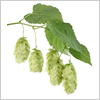 China: Budweiser China signs deal to expand indoor hop cultivation
China: Budweiser China signs deal to expand indoor hop cultivation
Budweiser’s Chinese arm has signed a new deal with partner Jiangsu Nongken Group to expand indoor hop cultivation, further localizing the production of ingredients in the world’s largest beer market by sales, Yicai Global reported on November 4.
The agreement, inked during Budweiser China's fourth annual Growers Day in Sheyang county, Jiangsu province focuses on technological innovation in domestic barley and hop cultivation. This year’s event, held on Oct. 31, was themed around ‘Seed With Tech, Brew for Future.’
Under the agreement, Budweiser Brewing Company China and JSFEC Malting, which is a subsidiary of Jiangsu Nongken Group, will jointly improve the quality, yield and cultivation technology of domestic hops.
The pair have already opened a 2,200-square-meter modern indoor hop cultivation facility in the city of Lianyungang in Jiangsu, using advanced agricultural technologies including air-source heat pumps and integrated irrigation systems.
“It’s new additional business, which is good for us, good for the quality of our beer, and good for the farmers because it helps them to increase their revenues,” Jan Clysner, vice president of sustainability and procurement at Budweiser Brewing Company APAC, told Yicai.
“Normally hops are only grown in very specific areas worldwide,” he said. But “for a few years we have been piloting to grow hops indoors in Shanghai, which has never been done before. Now it's time to scale.”
Clysner said Budweiser China has been piloting indoor hop cultivation since 2021.
To improve barley quality and yields through cross-breeding with local strains, Budweiser China has linked arms with Jiangsu State Farms since 2016. This effort has raised average barley yields in Jiangsu from 500 kilograms to 550 kg per mu, a traditional Chinese measure of area equal to about 667 square meters.
Over the past five years, Budweiser China has bought about 180,000 tons of barley from Jiangsu Nongken, according to Clysner.
The collaboration also emphasizes environmental sustainability. For example, Budweiser China partnered with Kangfen Ecolution to introduce biodegradable fertilizers instead of chemical fertilizers.
"If we can work with lower amounts of fertilizing while still generating the same quality and yield, or even use fertilizer which is not chemical at all but much more biodegradable, this will have a huge impact on the carbon emissions of barley growing,” Clysner noted.
“We are not only looking at our own operations in our own breweries, but we're actively working together with suppliers to lower their carbon emissions, which is sometimes bringing best practices from a management point of view, but also bringing innovation and technology into the picture,” he said.
Înapoi



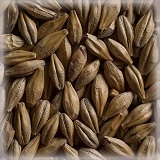





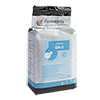


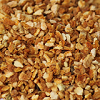


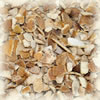

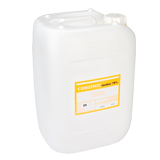
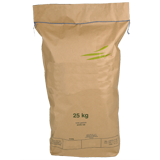
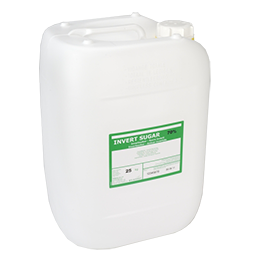
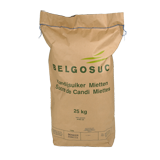
 Certificate Bio Cambie Hop VOF 2024-2025
Certificate Bio Cambie Hop VOF 2024-2025
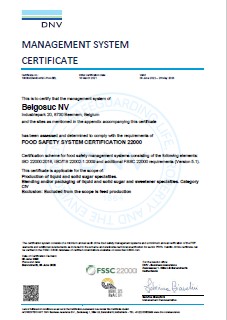 Belgosuc sugar, Management System Certificate 2022 (English)
Belgosuc sugar, Management System Certificate 2022 (English)
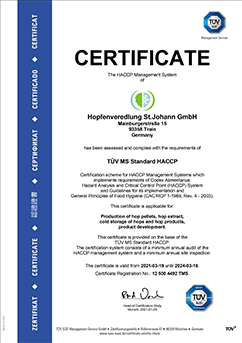 Hops Hopfenveredlung St.Johann, HAACP Certificate 2021-2024
Hops Hopfenveredlung St.Johann, HAACP Certificate 2021-2024
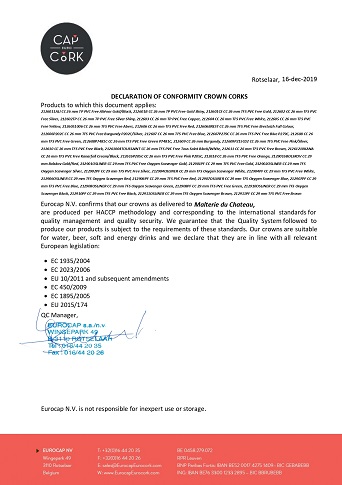 Crown Cork EUROCAP Conformity Certificate 2019
Crown Cork EUROCAP Conformity Certificate 2019
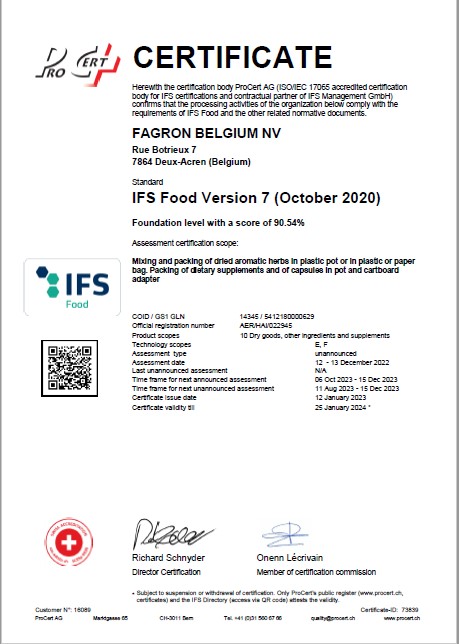 Fagron Spices, IFSFood Certificate 16089, EN 2024
Fagron Spices, IFSFood Certificate 16089, EN 2024






